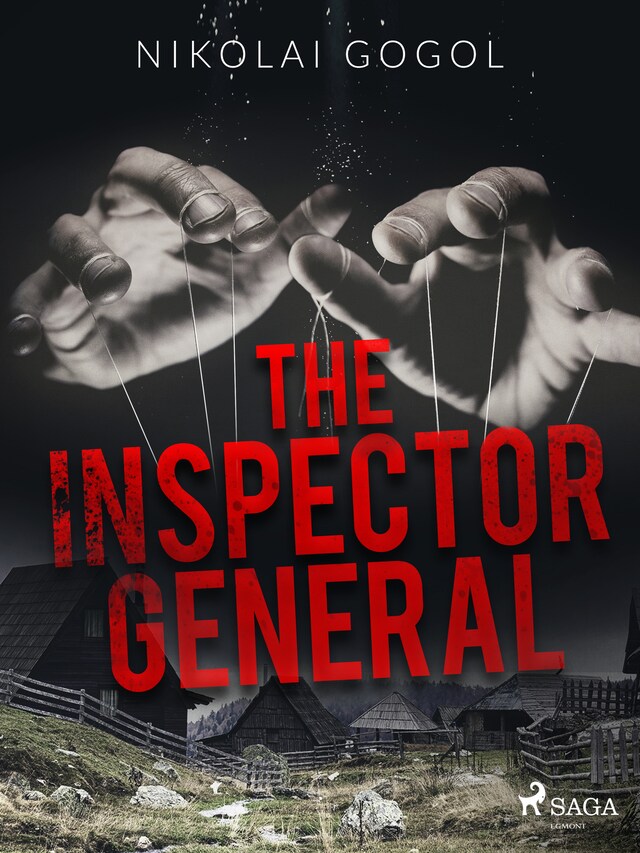
The Inspector General
Description of the book
Listed among the most beloved Russian plays, "The Inspector General" is a vivid portrayal of human greed and foolishness. Savagely criticizing the political corruption of Imperial Russia, the play tells the story of Khlestakov, an irresponsible impostor who is mistakenly taken for a dreaded government inspector by the corrupt and self-serving provincial officials of a small town in Tsarist Russia. Knowing their own flaws, the officials hope that their bribes and banquets will turn his attention away from their dishonest administration. And Khlestakov’s decision to take advantage of the situation leads to hilarious situations and unexpected twists..
First performed in 1836, the play transcended its own time and became a highly appreciated satire of universal human failings.
It has been much adapted, from numerous film versions with actors such as Dany Kaye, Tony Hancock, Rick Mayal, and Yevgeny Mirono, to recent theatrical adaptations by Jeffrey Hatcher, David Harrower and Roddy Doyle.
Nikolai Gogol (1809-1852) was a Ukrainian-born Russian humorist, novelist, and dramatist whose work played a crucial role in the direction of Russian literature. He was considered to be one of the leading figures of Russian realism. His novel "Dead Souls", a satire of the political corruption in the Russian Empire, is viewed by many literary historians as the first great Russian novel. Among his contributions to Russian and world literature are the surrealistic and grotesque "The Nose" and "The Mantle", the satirical "The Inspector General", the historical novel "Taras Bulba", the comedy "Marriage", the humorous short stories "Diary of a Madman" and "The Tale of How Ivan Ivanovich Quarreled with Ivan Nikiforovich". His works have influenced generations of readers and still continue to impress with their subtle psychologism and matchless style.


